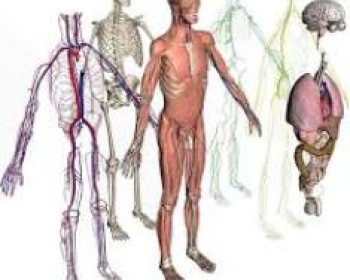Subconscious Blocks from Trauma, Abuse, Loss
For many years I have worked with clients suffering the results of trauma, abuse, loss, or the “dark night of the soul”. You may have read about some of these cases. This morning a client reminded me of one aspect that I’ve often seen when I work with these clients. I imagine that most practitioners are aware of what I will describe, however many others may not be aware of how our subconscious mind can take over our life and will actually change our personality at times. When people are in “survival mode” they often are unable to set high goals, prioritize what they need, ask for help, or even give gratitude to their supporters. Here are some cases:
- Often clients who come to me with severe physical ailments consider getting healthy as a low priority when asked to list their highest intentions. After clearing underlying causes of their afflictions – especially involving abuse and self-criticism, and supporting them to feel more “worthy” of being healthy, they then are able to place health as a high priority. This is a regular pattern. Of course, logically health should have been a priority from the beginning, however it was masked by their subconscious perception of not being worthy.
- Other clients suffering loss of a loved one often get so caught in the cycles of melancholy, remorse, and self-criticism, that they find it almost impossible to consciously utilize their self-help tools (like EFT tapping) when they feel bad. They find themselves in a vicious cycle of emotional pain and don’t seem to have the inner will to help themselves. It may take a few sessions, but when they get beyond the inner criticism, fear, doubt, and guilt about their predicament, then tapping can become a regular tool that they use successfully.
- Other clients who feel somewhat desperate are very open to receive free help, and after a session will feel elated and grateful for the work. Soon after a facilitated session, however they might fall back into their own painful emotional abyss, where they are unable to help themselves, and unable to show gratitude or ask for further support. The inner desperateness of struggling to survive overrides their rational thought process as it also negates good manners in sharing gratitude to others for the support they receive. Soon the friends and helpers distance themselves from a seemingly ungrateful person.
- A client may hire a coach or support person with intentions to get guidance to reach some goals, and when self-sabotage shows up as an old pattern, then the client might drop away from that support person in search of someone new. After using a long series of coaches, EFT practitioners, or learning multiple self-help therapies, at some point it might become obvious to the client that he or she is merely hiring “rent-a-friends” to make it seem that inner work is being performed and goals are being worked toward, while in reality this is just an outer facade and the inner subconscious is deathly afraid of going near the real issues blocking personal success. In the best cases the client listens to the feedback about this and accepts it. In the worst cases the person just continues to search for the magic bullet via helper after helper. This can get quite expensive.
So, it seems that we often block ourselves in many ways from succeeding – even when it seems obvious to everyone else. The subconscious mind is a powerful blocker whose main job is to protect us from being hurt, disappointed, set up to fail, so it blocks us from even getting close sometimes.
In cases like the above I always realize that it is necessary to delve much deeper into the life and emotional blockages of the client, and I continue to enjoy the use of meridian-based modalities that allow this work to be done easily, quickly, and painlessly. Life is so much better with these tools available!




